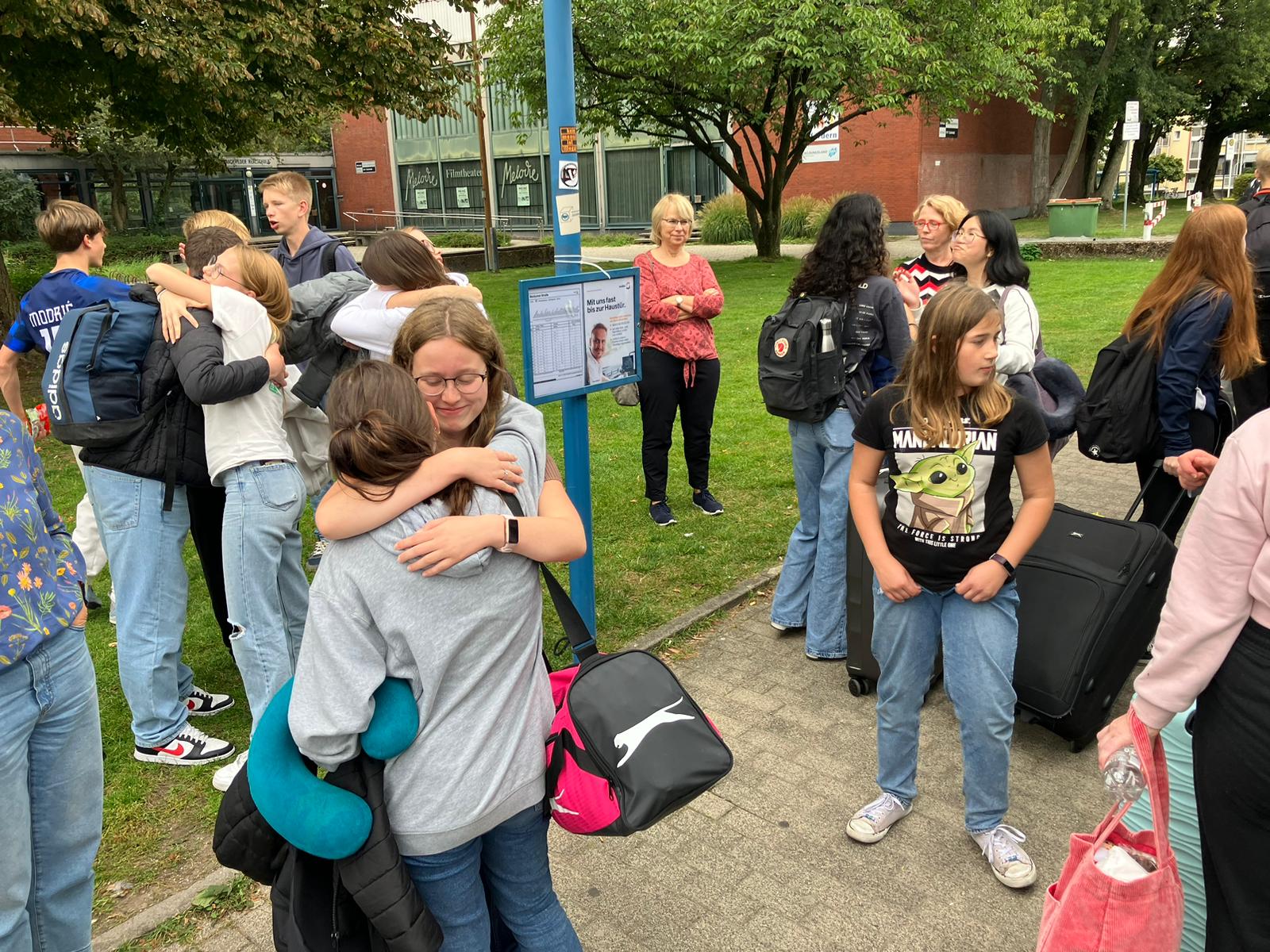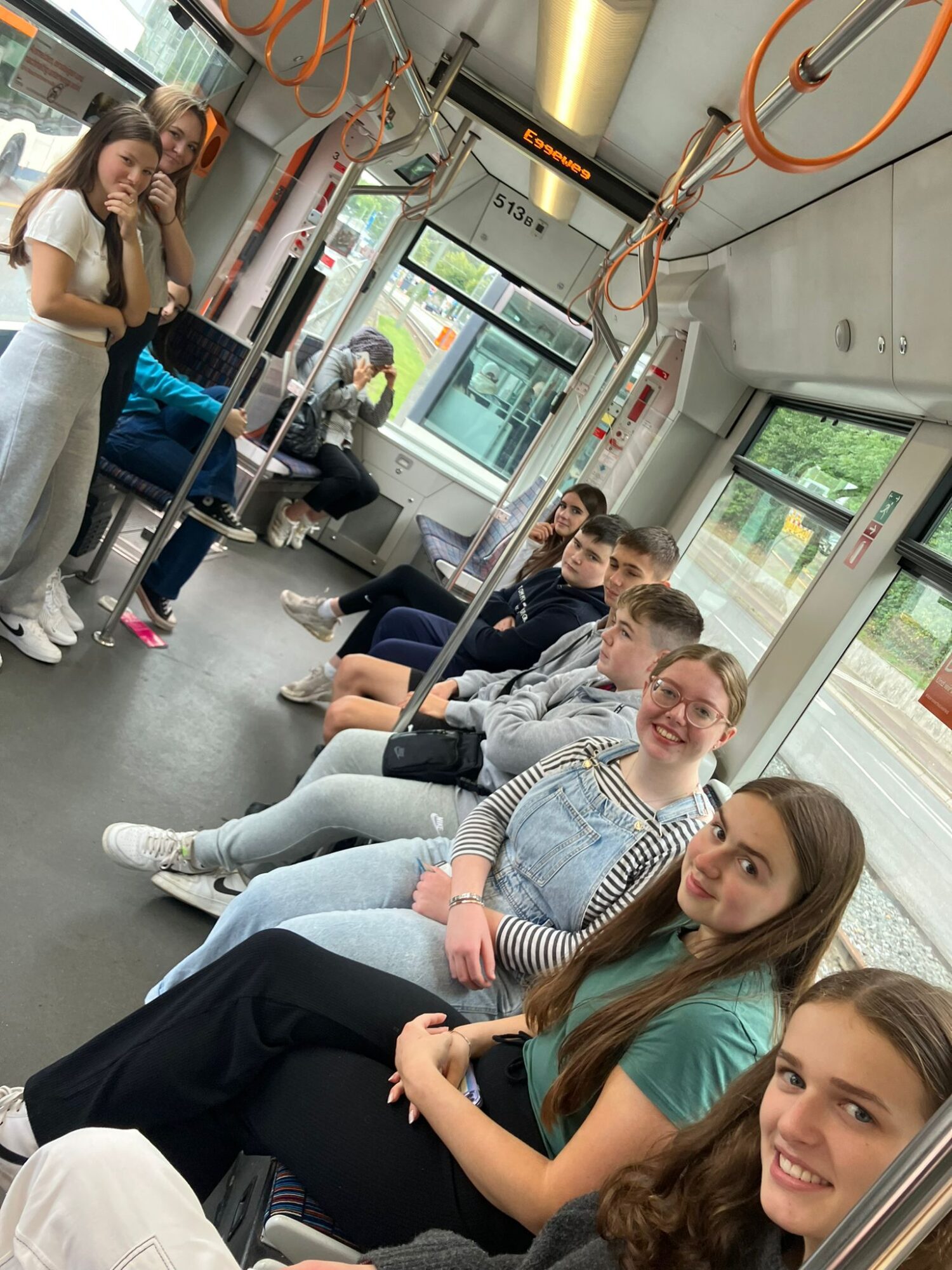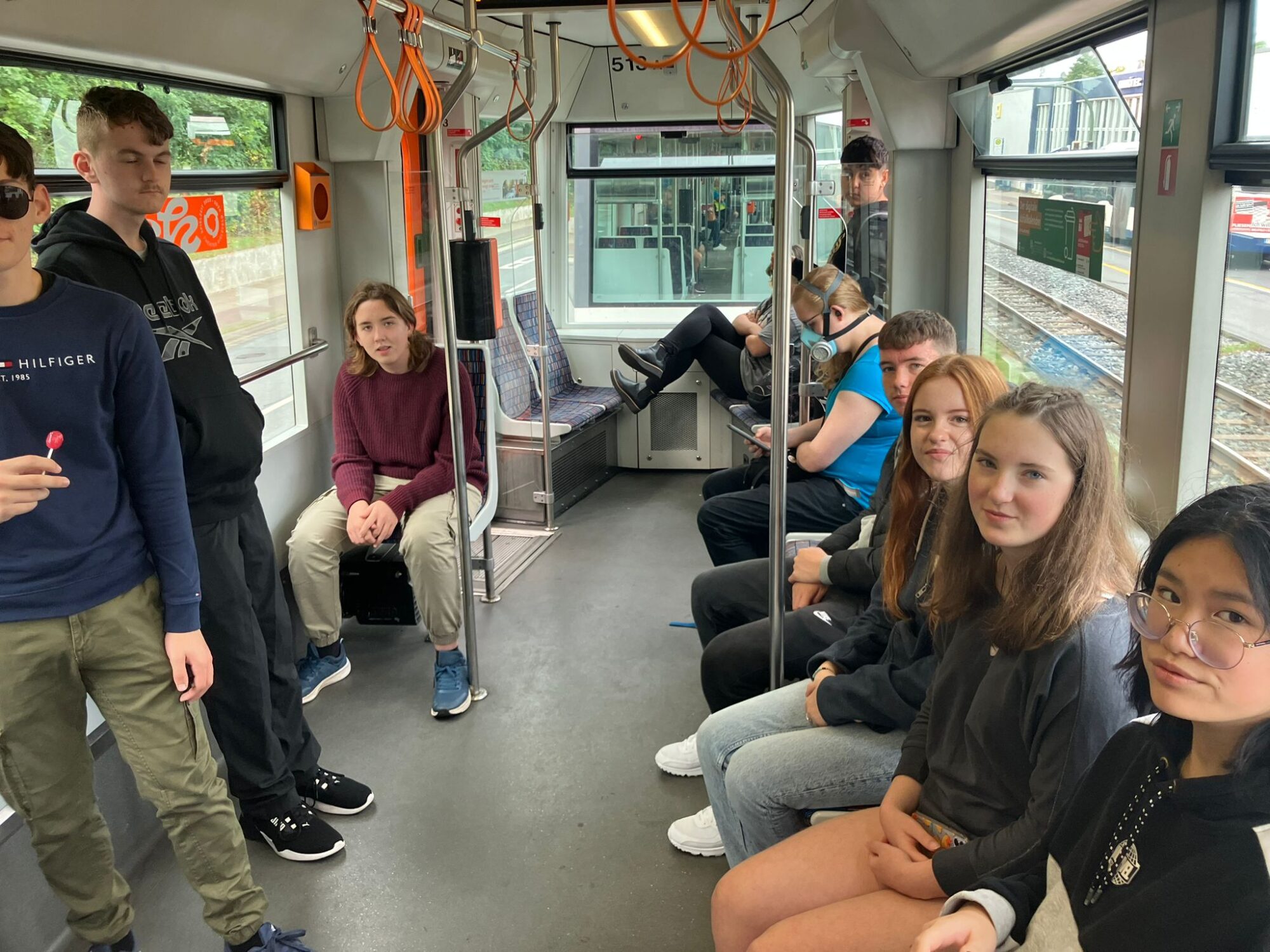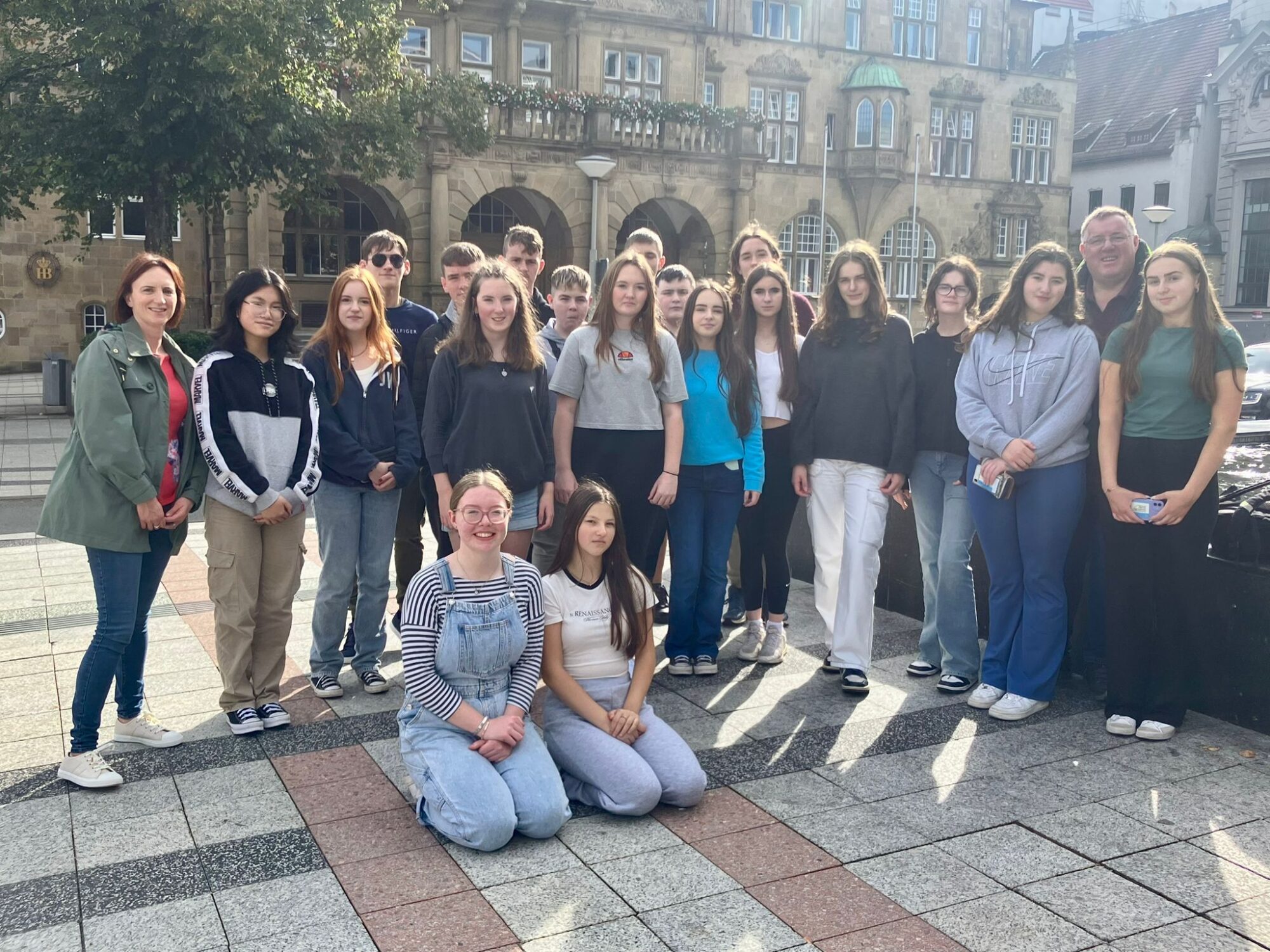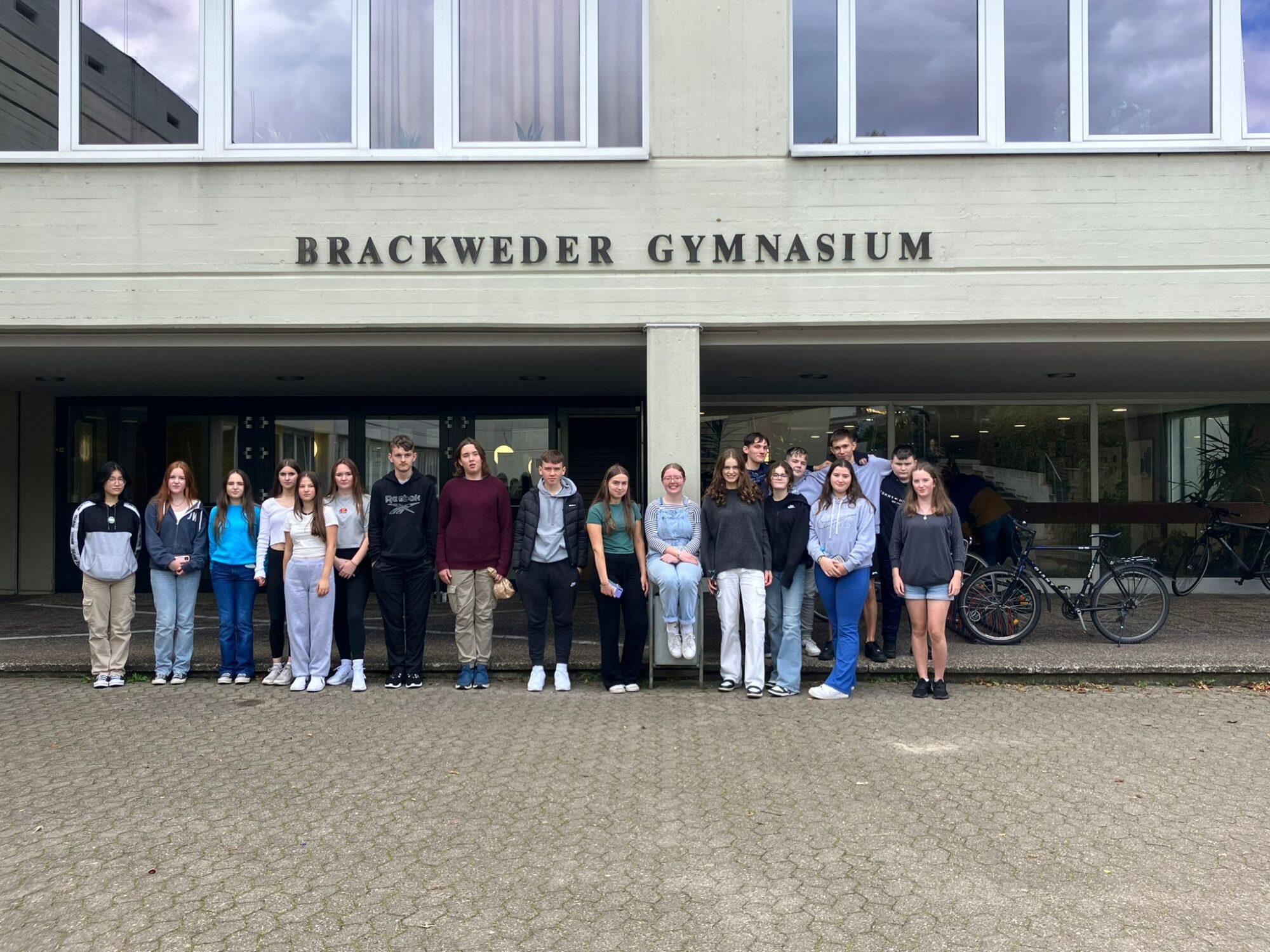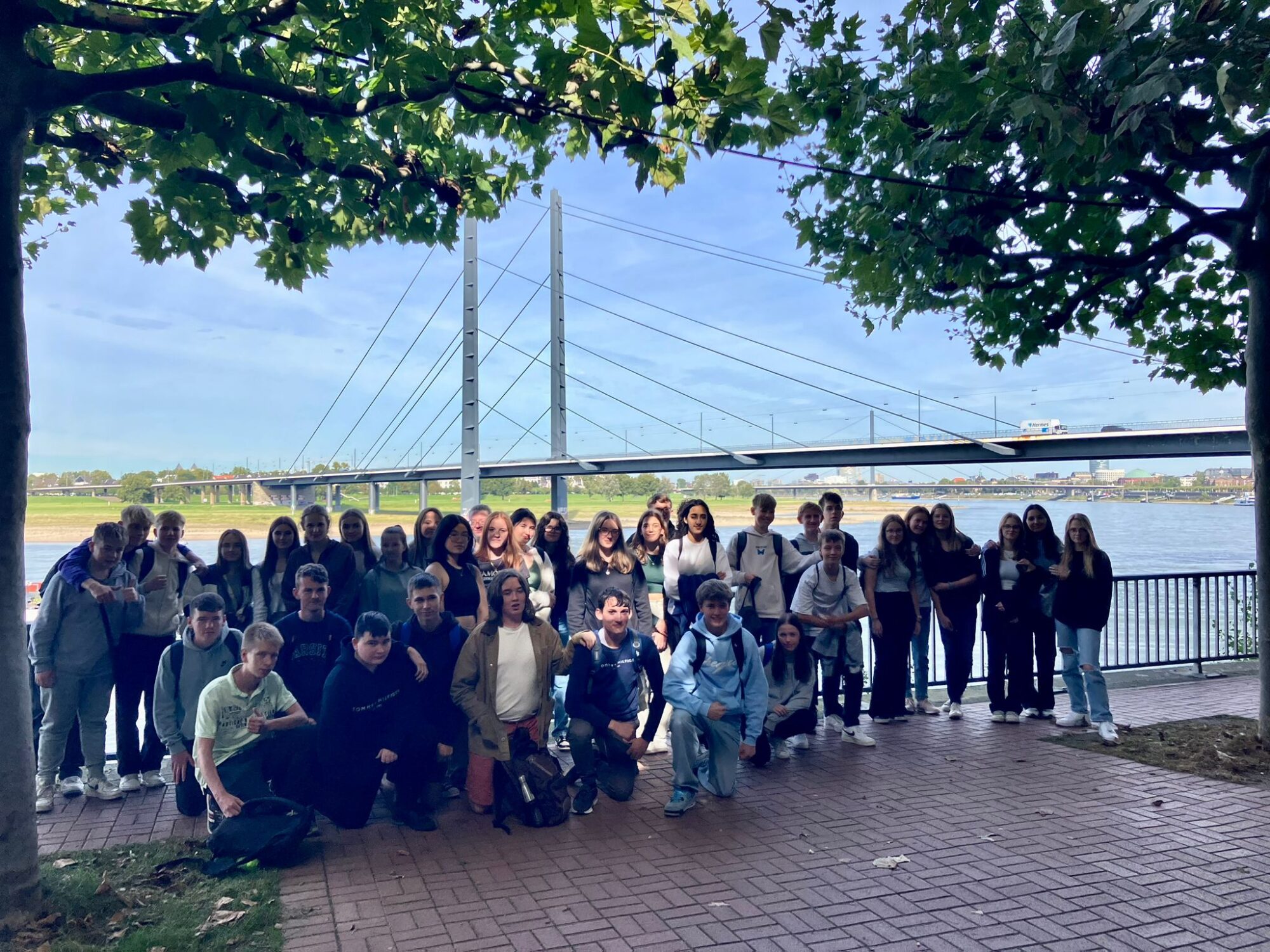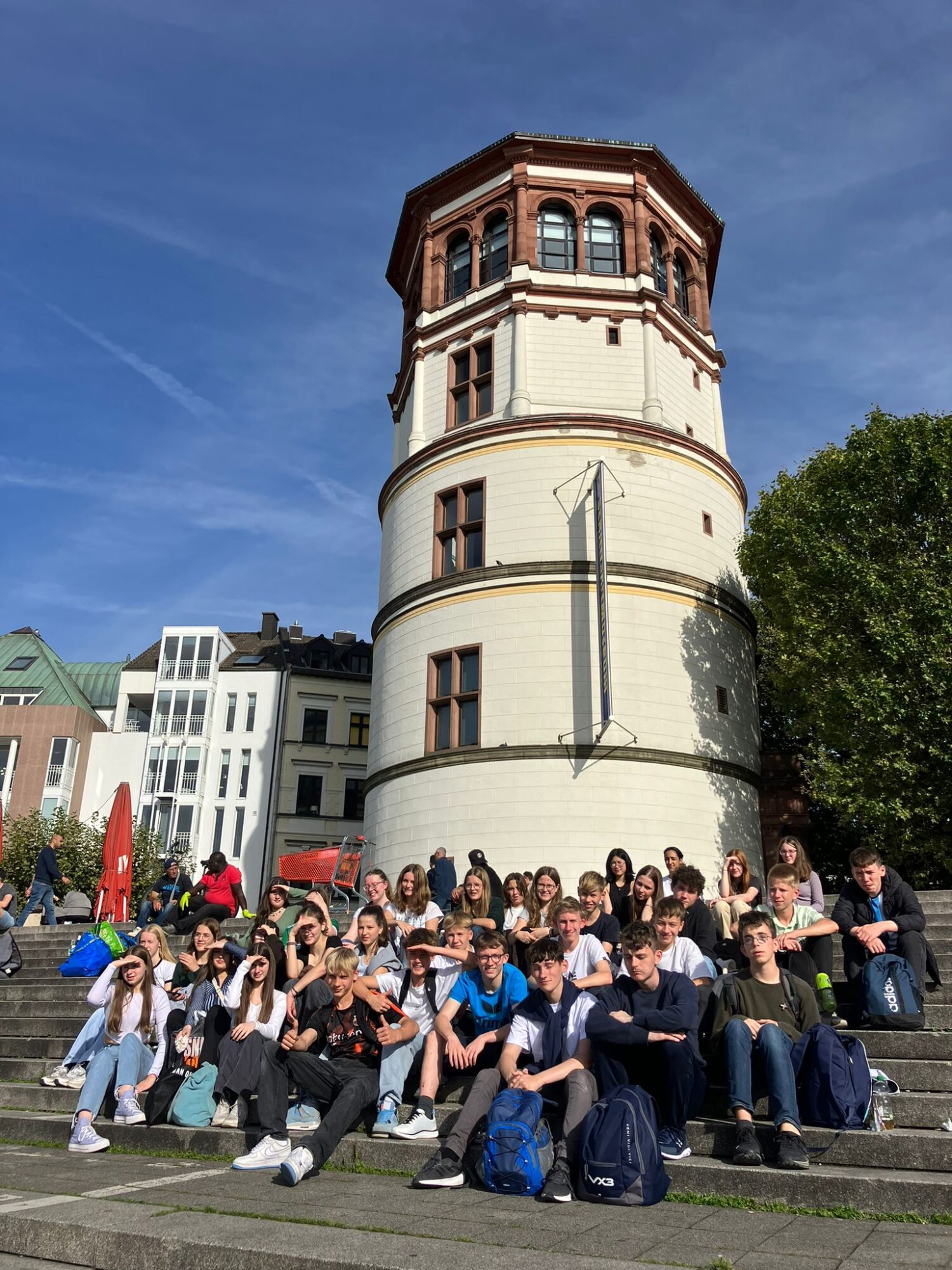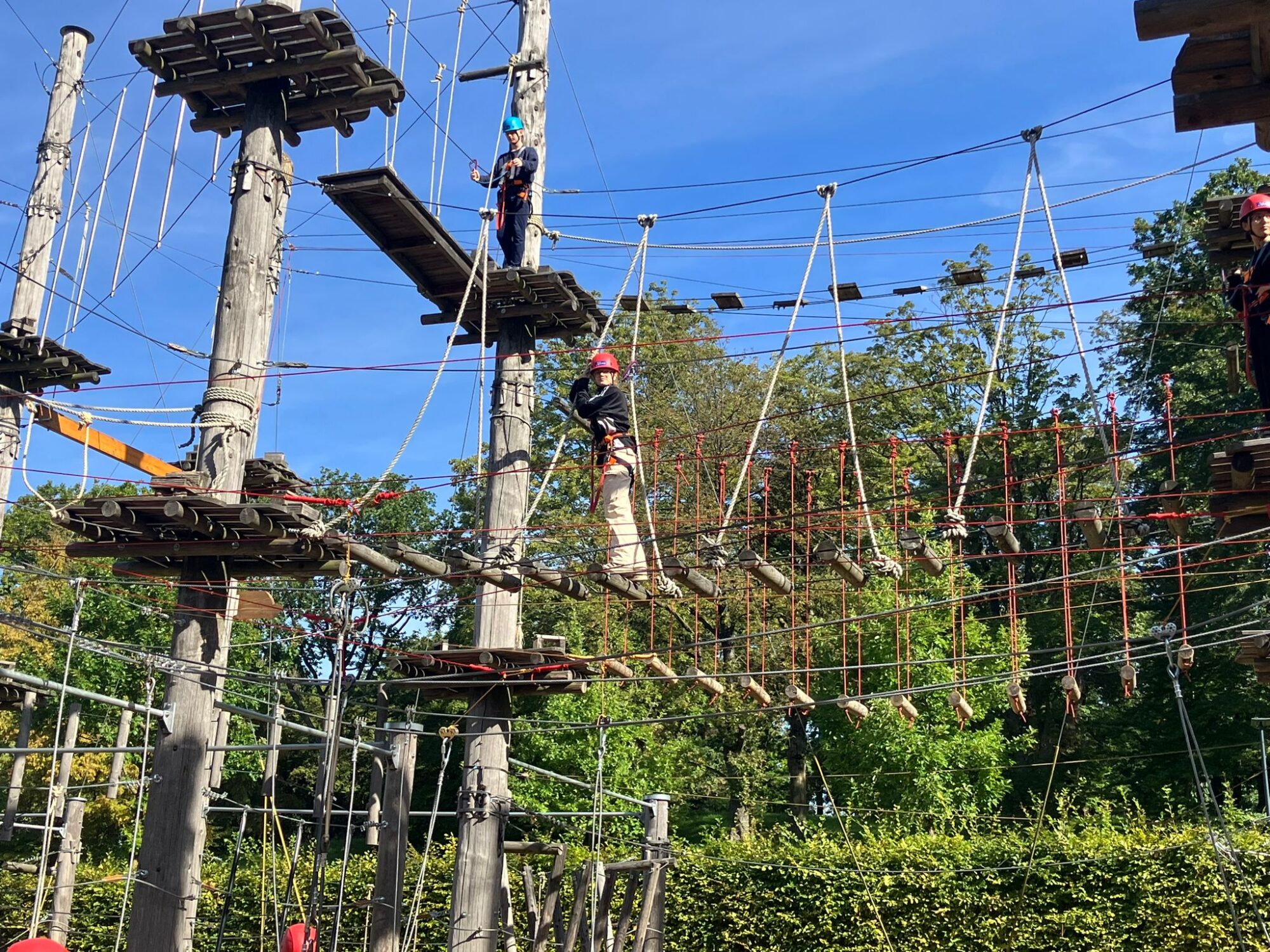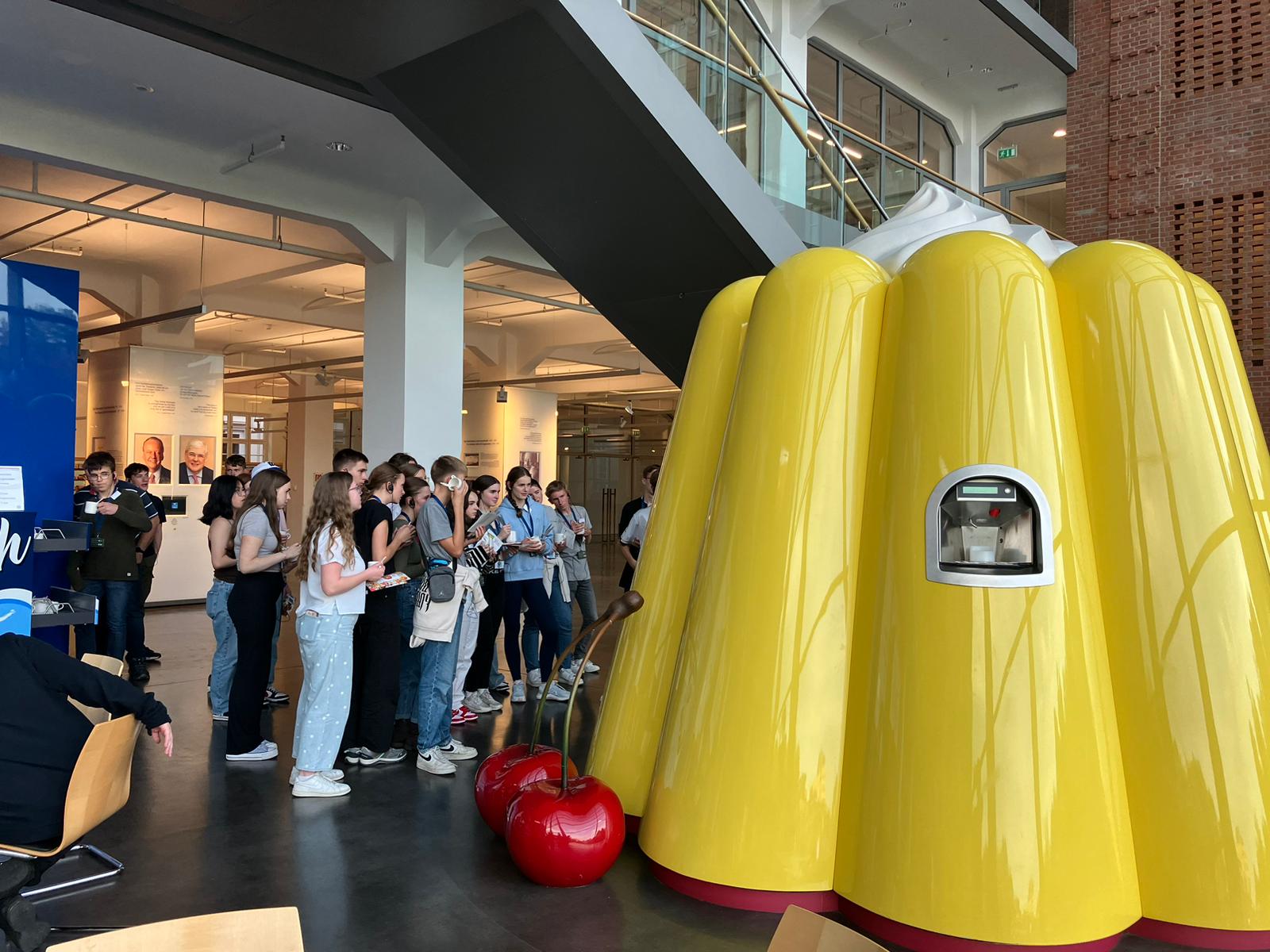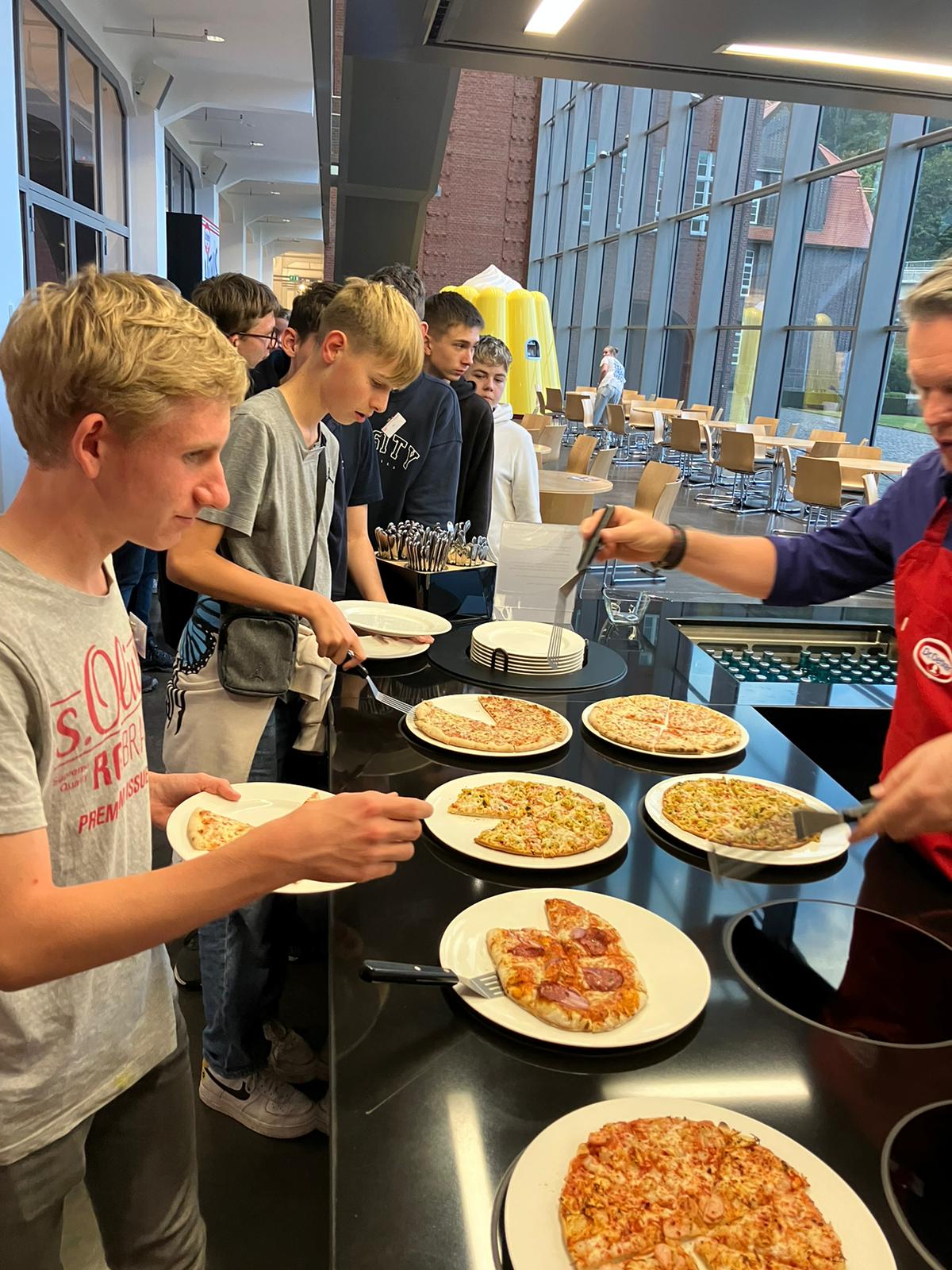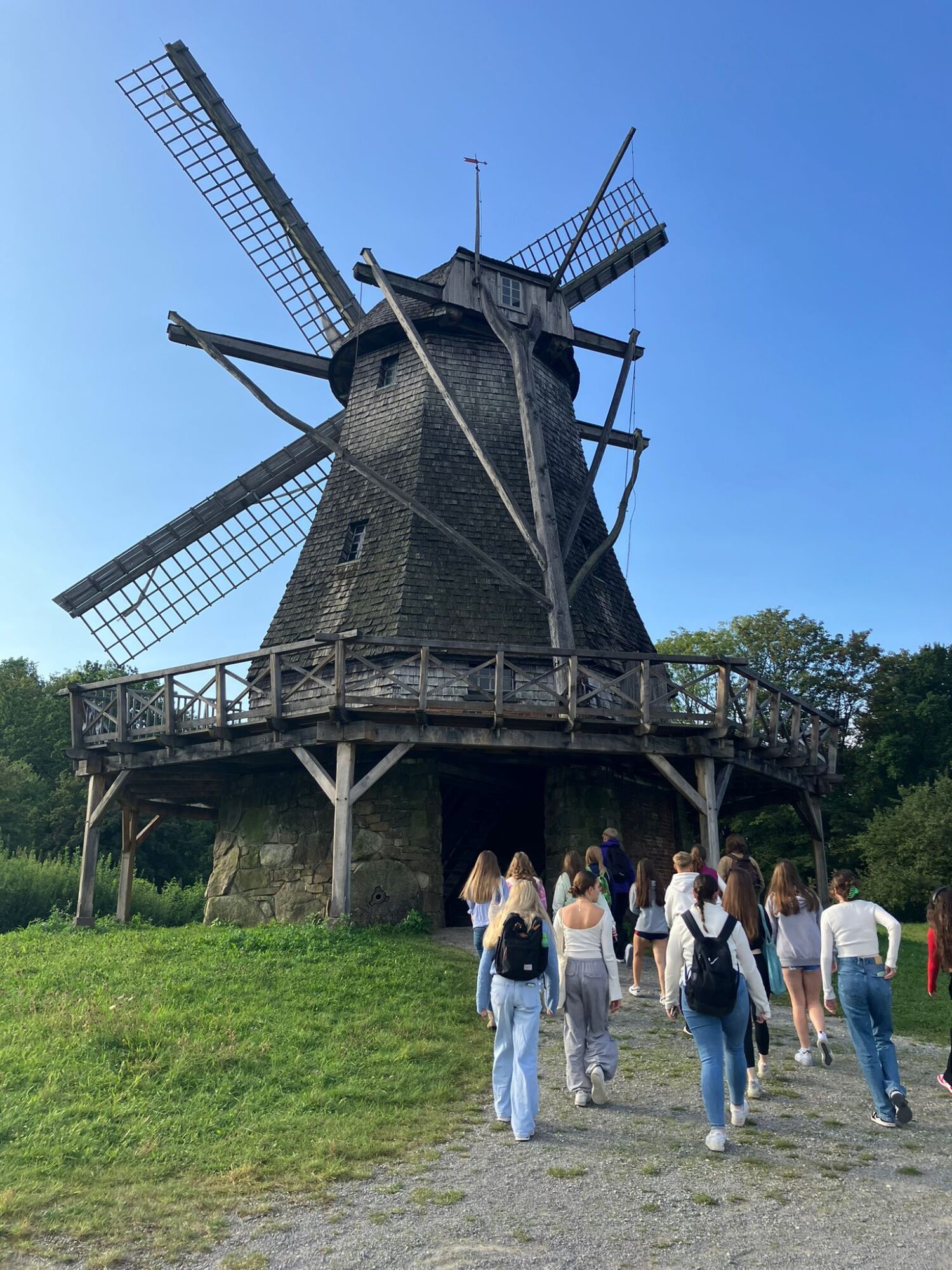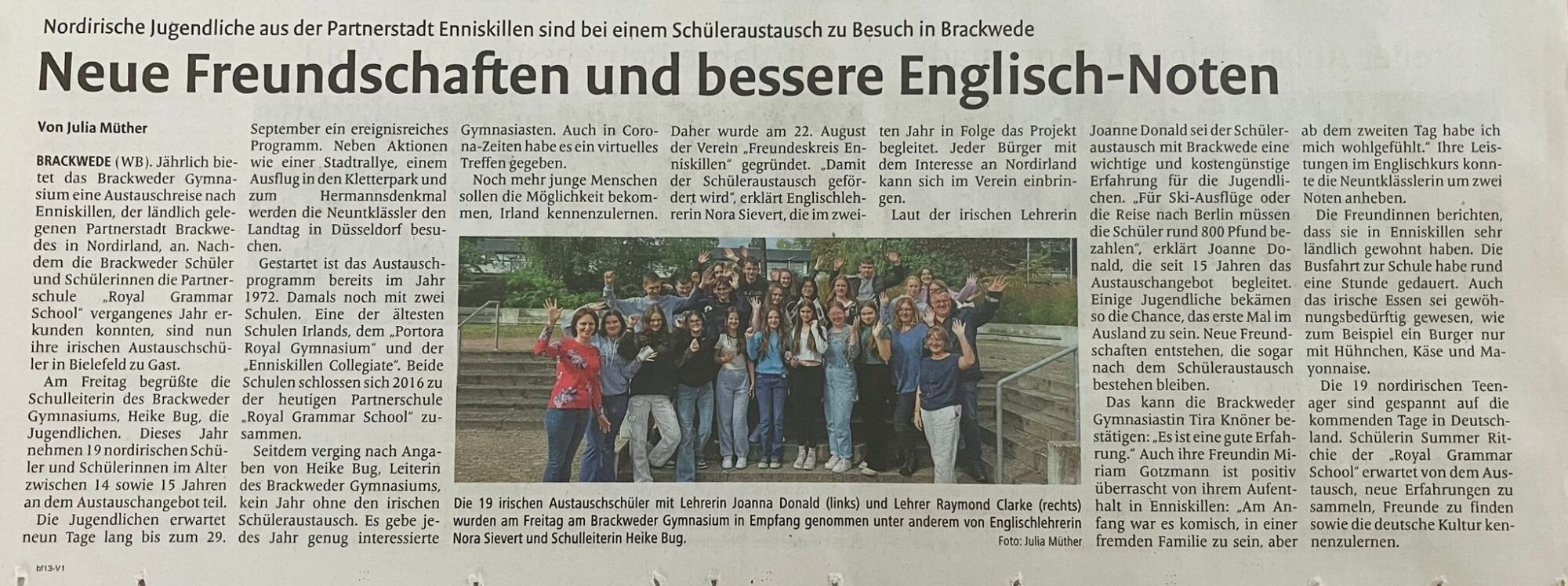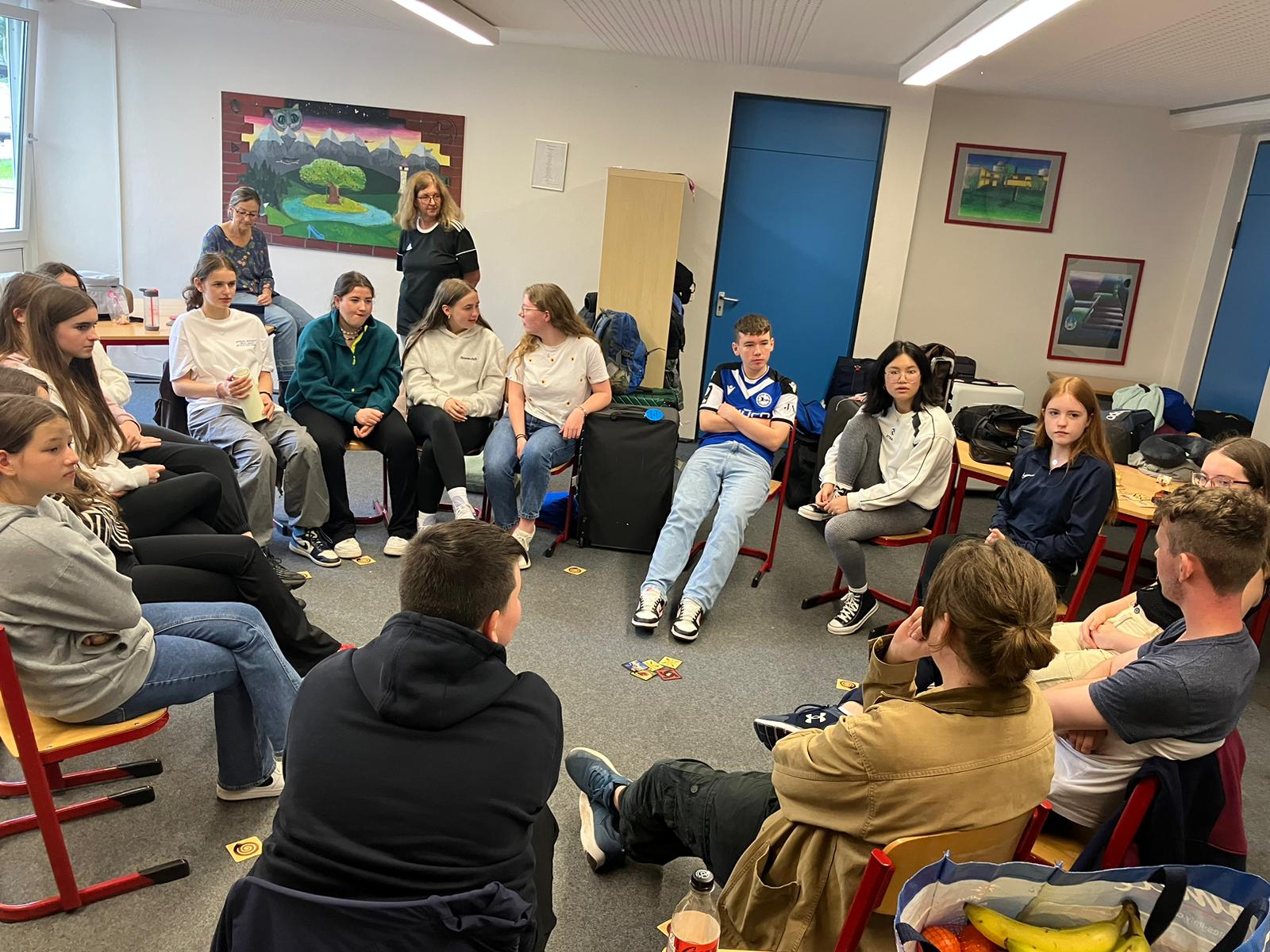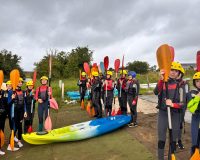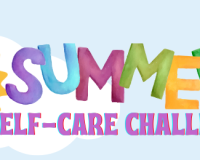Introduction
German is the most widely spoken language in Europe. More people speak German as their native language than any other language in Europe. Learning German can connect you to over 100 million native speakers around the globe and many people also learn German as a second language. It is the 3rd most popular foreign language taught worldwide and the second most popular in Europe and Japan, after English.
Germany’s economic strength equals business opportunities. Multinational business opportunities exist throughout the European Union and in the Eastern European countries, where German is the second most spoken language after Russian. Two-thirds of the world’s leading international trade fairs take place in Germany
If you’re looking for employment in the United States, knowing German can give you a great advantage. German companies such as BMW, Daimler, Siemens, Lufthansa and Bosch account for 700,000 jobs in the United States, and US companies have created approximately the same number of jobs in Germany.
Knowing the language will prepare you to better appreciate some of the great German cultural contributions. Germany is often referred to as the land of “Dichter und Denker” — of poets and thinkers. The world of classical music is inseparable from the names of Mozart, Bach, Beethoven, Strauss, and Wagner. The philosophies of Kant, Hegel, Marx and Nietzsche have had lasting influences on modern society, while psychologists Freud and Jung forever changed the way we think about human behaviour.
Staff: Mrs J. Donald, Mrs C. McCready-Bamber, Mrs. S. O’Neill, Mrs E. Maguire


